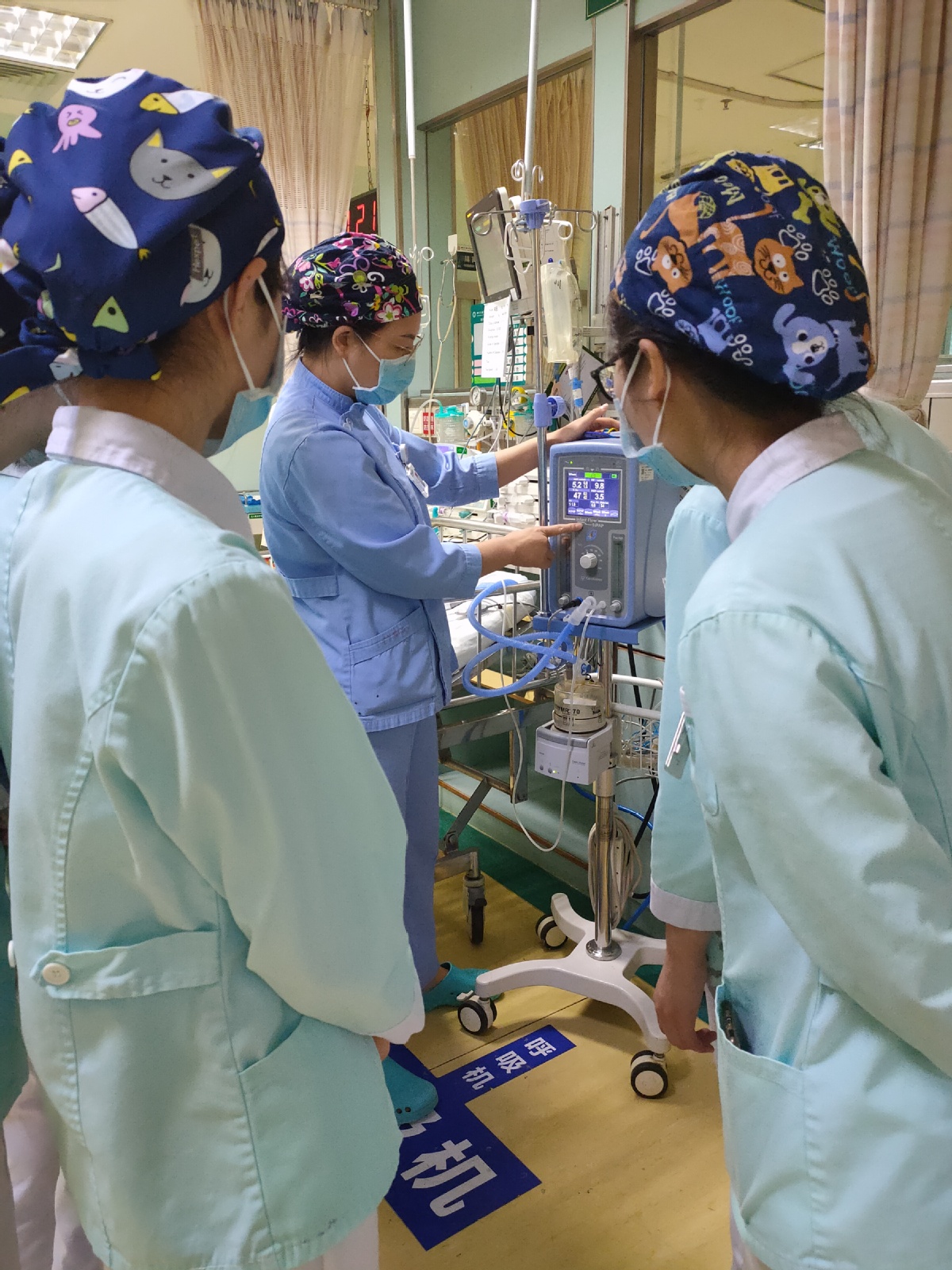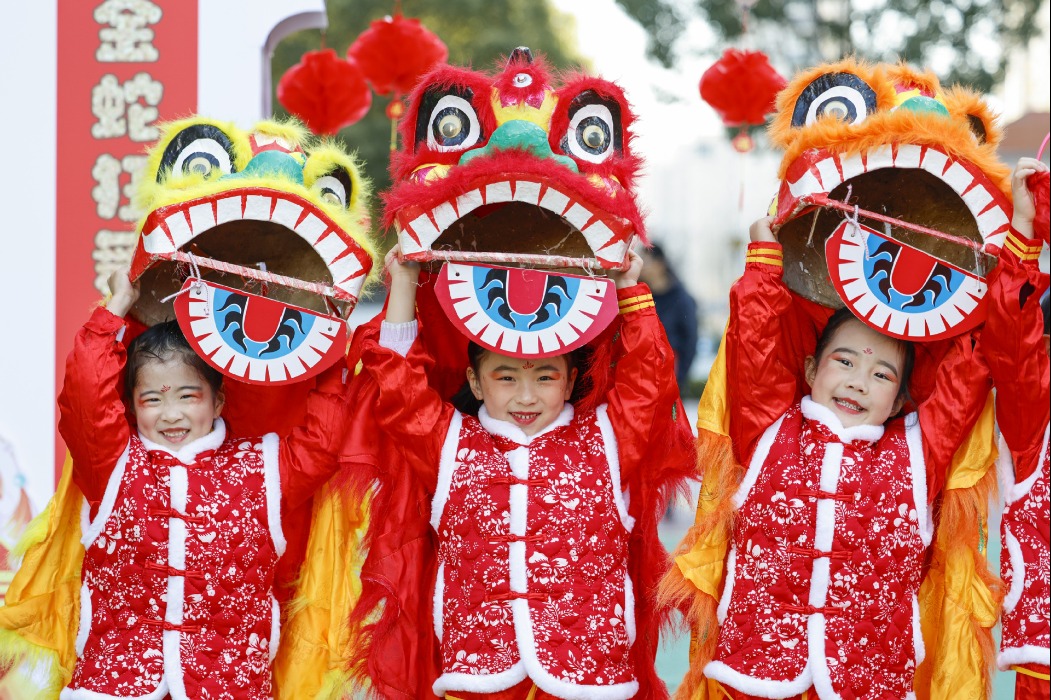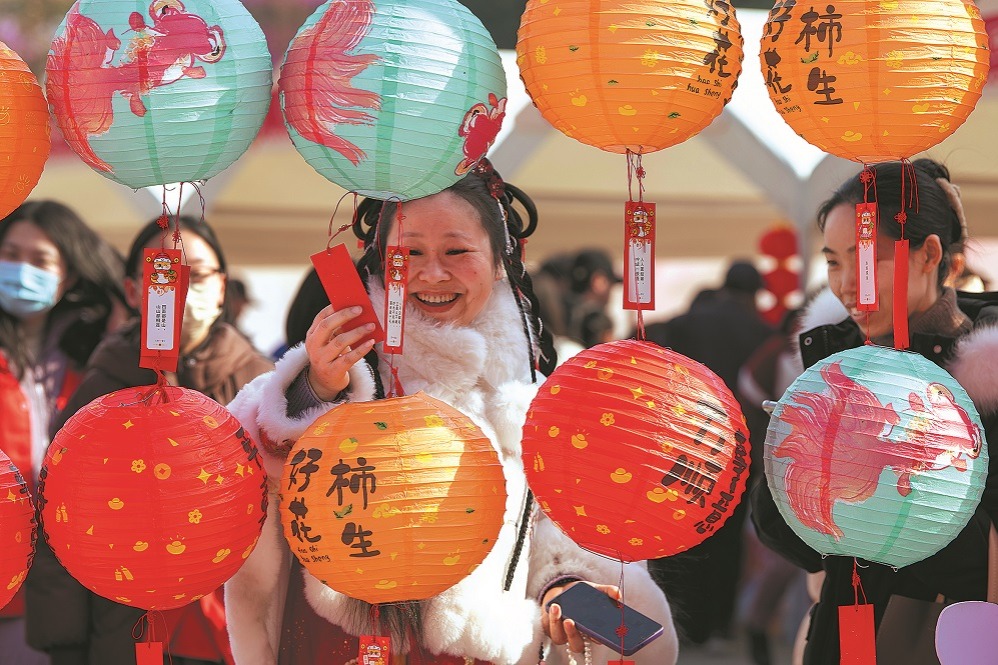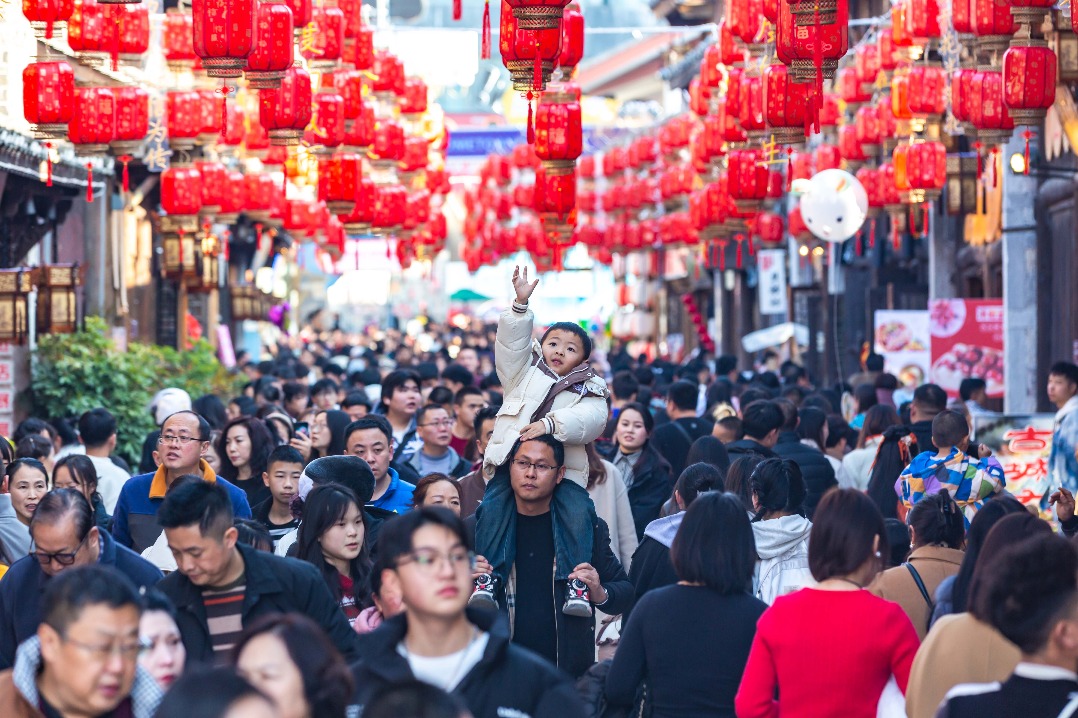Medics cherish life after overcoming threat


Secret ailment
What Zhou didn't expect was that the virus would find her first. On Feb 2, she felt weak and short of breath. Prompted by another nurse, she had a computed tomography scan on her lungs.
A nurse told her that the diagnosis was suspected viral pneumonia and the scan showed abnormalities in one lung.
"The nurse handed me the report, crying," Zhou said. "I had to be strong in front of my subordinate. So I told her I was alright, and not to worry about me."
The nurse left. Zhou found a quiet corner, squatted down and cried. "I called a friend who is a nurse. I said, 'I can't die. My daughter just had her first birthday'," she said.
Despite the bleak outlook that came with the diagnosis, Zhou tested negative for the coronavirus. She went home for a week and took drugs to manage the deterioration of her lung. She worked from home because so much needed to be done.
On Feb 9, she had another CT scan. It showed no deterioration, but no improvement. She returned to work.
Zhou was living at the hospital, working from 7am to midnight and wearing protective gear many hours a day.
In late February, the outbreak in Wuhan slowed. The number of new patients fell to less than 500 a day. At the peak, the number had risen by a few thousand every day.
Zhou and her team got through the toughest times without a single member becoming infected. However, her ordeal wasn't over.
On Feb 26, Zhou felt a pain in her chest. She had been coughing. Another CT scan showed that the abnormality in her lung was getting worse. She was placed in isolation.
She had seen the worst: some patients died, but many others recovered. She faced her crisis with renewed optimism.
Zhou wasn't sure when she got infected, as she always wore protective gear at work. She thinks it may have happened during her period, when her immunity was low.
She always approved requests for time off from nurses who felt unwell. However, as head nurse, she felt that option was closed to her.
From Feb 26 to March 24, she spent 13 days in the hospital, then 14 days alone in a quarantine camp.
Zhou didn't tell her family at the time because she didn't want them to worry about her, especially as her mother-in-law is prone to depression. Only close friends, her boss and a few nurses knew she was infected.
If her family requested video calls with her, she would say she was too busy to talk.
Zhou stayed strong. Her final diagnosis didn't come until March 6. She was positive for the antibody to the virus, after about half a dozen earlier tests had shown she was negative for the virus.
On March 3, China updated its diagnosis standard, stipulating that the antibody of the virus also indicated infection.
Zhou had clung to the belief that she was just a suspected case. That helped her to stay positive.
She noted that one of her classmates from nursing school, a close friend, also had the virus.
"She told me that if we were too scared to get through this, what had been the point of us attending nursing school?" Zhou said, adding that the friend, a nurse at Hubei General Hospital, helped to keep her spirits up.
After completing quarantine, Zhou was pronounced free of the virus. She returned to work on April 8, and is taking care of 35 recovering coronavirus patients in the isolation ward.
She plans to write a paper summarizing her experiences.
"I told my daughter that at my age, I am no longer working to make a living. If my experience can help the patients, even a little, it will be enough."
Zhou said many things seem less important now. "Those tasty foods, amusing activities and good-looking things are not that important to me right now," she said.
"It's more important to stay healthy, breathe normally, and have family and colleagues around. I will cherish everything I have."























